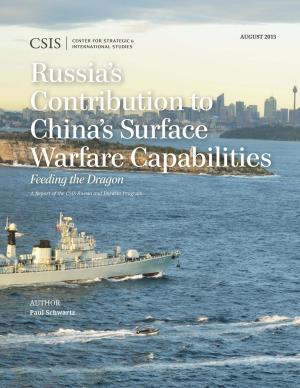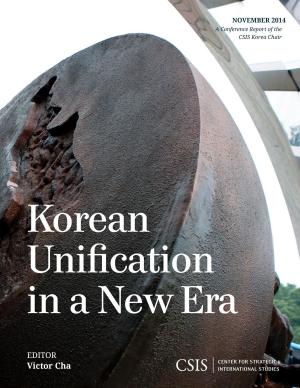Investor-State Dispute Settlement
A Reality Check
Business & Finance, Economics, International Economics, Nonfiction, Social & Cultural Studies, Political Science, International, International Security| Author: | Scott Miller, Gregory N. Hicks | ISBN: | 9781442240735 |
| Publisher: | Center for Strategic & International Studies | Publication: | February 2, 2015 |
| Imprint: | Center for Strategic & International Studies | Language: | English |
| Author: | Scott Miller, Gregory N. Hicks |
| ISBN: | 9781442240735 |
| Publisher: | Center for Strategic & International Studies |
| Publication: | February 2, 2015 |
| Imprint: | Center for Strategic & International Studies |
| Language: | English |
Investor-State Dispute Settlement (ISDS) is a provision in Bilateral Investment Treaties (BITs) and other international investment agreements that allows investors to enter arbitration with states over treaty breaches. ISDS has become controversial in the United States and our negotiating partners; critics, including some governments, have argued that ISDS is unnecessary, while others insist it is illegitimate as public policy. Treaty-based investment protection represents a major advance in the fair treatment of aliens and the peaceful resolution of disputes. Given the alternatives, withdrawing from investment treaties—the logical conclusion of the critics’ position—would likely have negative consequences for economic growth and the rule of law. This report is an empirical review of ISDS, based on the record of disputes under existing investment treaties.
Investor-State Dispute Settlement (ISDS) is a provision in Bilateral Investment Treaties (BITs) and other international investment agreements that allows investors to enter arbitration with states over treaty breaches. ISDS has become controversial in the United States and our negotiating partners; critics, including some governments, have argued that ISDS is unnecessary, while others insist it is illegitimate as public policy. Treaty-based investment protection represents a major advance in the fair treatment of aliens and the peaceful resolution of disputes. Given the alternatives, withdrawing from investment treaties—the logical conclusion of the critics’ position—would likely have negative consequences for economic growth and the rule of law. This report is an empirical review of ISDS, based on the record of disputes under existing investment treaties.















